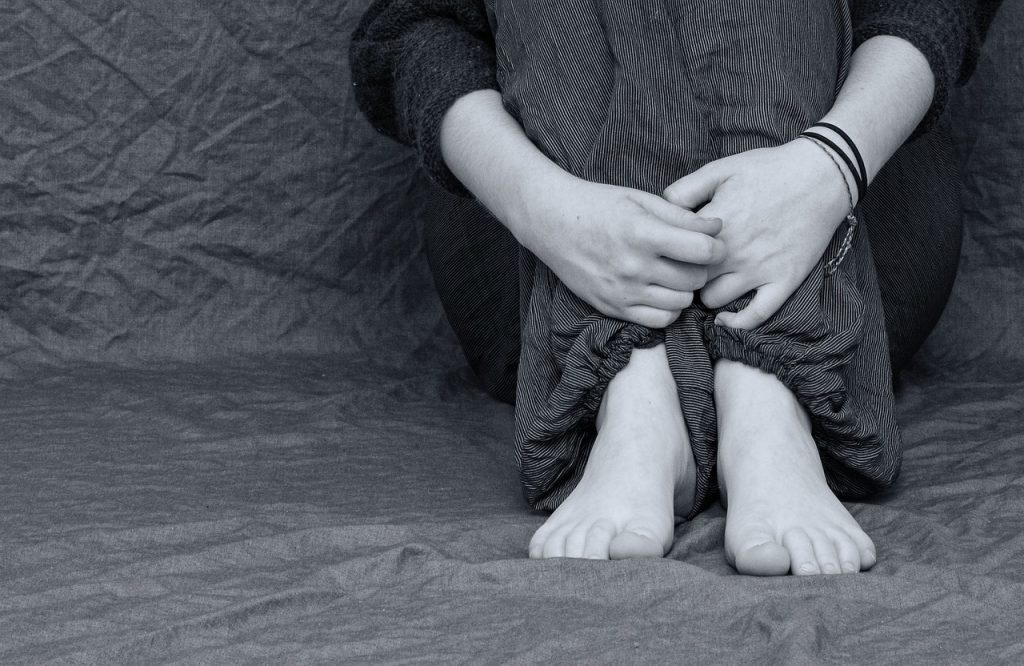 In a significant step towards combating human trafficking, the European Parliament and the Council of the European Union have reached a provisional agreement on revised rules to prevent and combat this heinous crime. The agreement, reached late Tuesday night, expands the scope of the current directive anti-trafficking to include forced marriage, illegal adoption, and exploitation of surrogacy, recognizing the growing prevalence of these forms of trafficking. It also introduces a number of measures to strengthen law enforcement’s ability to dismantle criminal organisations involved in trafficking and to provide better support for victims.
In a significant step towards combating human trafficking, the European Parliament and the Council of the European Union have reached a provisional agreement on revised rules to prevent and combat this heinous crime. The agreement, reached late Tuesday night, expands the scope of the current directive anti-trafficking to include forced marriage, illegal adoption, and exploitation of surrogacy, recognizing the growing prevalence of these forms of trafficking. It also introduces a number of measures to strengthen law enforcement’s ability to dismantle criminal organisations involved in trafficking and to provide better support for victims.
Key provisions of the agreement on Anti-trafficking include:
- Criminalising the use of services provided by a victim of human trafficking, where the user knows that the victim is exploited.
- Introducing penalties for companies convicted of human trafficking, including exclusion from tendering processes and from reimbursement for public aid or subsidies.
- Ensuring that prosecutors can choose not to prosecute victims for criminal acts they were coerced into committing.
- Ensuring that support to victims is gender-, disability-, and child-sensitive.
- Guaranteeing the rights of persons with disabilities and appropriate support, including appointing guardians or representatives, to unaccompanied children.
- Forcing children into organised crime can be counted as human trafficking. A good new tool in the fight against the gang!
- Call to Member States to criminalise sex purchases in their national legislation. This is to fight human trafficking, which establishes a direct link between trafficking and prostitution.
The agreement also includes provisions to improve coordination between anti-trafficking and asylum authorities to ensure that victims receive appropriate support and protection, and that their right to asylum is respected.
“This agreement is a major step forward in the fight against human trafficking,” said Eugenia Rodríguez Palop, the lead negotiator for the Women’s Rights and Gender Equality Committee. “We have introduced a number of important measures to strengthen the protection of victims and to dismantle criminal organizations.”
Malin Björk, the lead negotiator for the Civil Liberties, Justice, and Home Affairs Committee, added: “I’m pleased that we have agreed on this strong package of measures. It will help to protect victims of trafficking and to bring traffickers to justice.”
The full text of the agreement will now be formally approved by the Parliament and the Council. Once approved, the new rules will come into force twenty days after their publication in the EU Official Journal, and member states will have two years to implement the provisions.
Source: European Parliament

